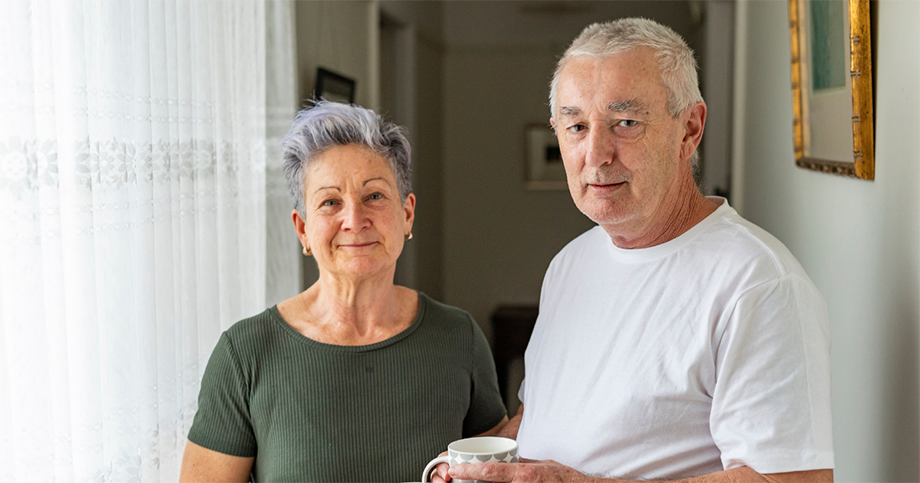
A new national study, led by Advance Care Planning Australia (ACPA) has found that 70% of Australians aged 65+ are sidestepping the opportunity to control their end-of-life care, with men less likely to plan than women.
For the 30% of older Australians with some form of advance care planning (ACP) document in place, the majority of them are either incomplete, invalid or not legally binding.
This highlights a looming minefield of family conflict and confusion as a generation of baby boomers enter their twilight years and dementia now being the leading cause of death for Australians aged 85+.
Around a third of people will be unable to make their own end-of-life decisions. ACP offers people the opportunity to clarify their medical treatment preferences in advance, preparing themselves and loved ones for a time when they can no longer communicate.
The government-funded study, revealed that among the 30% of older Australians with ACP documents, only 14% of these were legally-binding advance care directives (ACDs) – considered to be the gold standard of ACP documents, which can only be completed by a person with decision-making capacity.
The majority of ACP documents that were found among older Australians were ‘advance care plans’, where preferences are reported by either family or healthcare professionals. These documents can be used to guide care but are not legally binding.
The study audited the health records of more than 4000 older people in hospitals GP clinics and aged care facilities across Australia. The study also found that women were more likely to have an ACD, raising questions about what can be done to increase uptake among older Australian men, who are largely leaving their future care to chance or for others to decide for them.
“While ACP is by no means mandatory, we’re concerned for older people who expect to remain in control of their medical decisions as they age. If choice and control is important to you, advance care planning should be on your radar,” said Linda Nolte, Program Director of ACPA.
“An important part of healthy ageing is making informed healthcare choices. We urge people to take active steps to control their future care and create a legally-binding ACD, while they still have decision-making capacity. It means you’re more likely to get the care you want and avoid treatment you don’t want. It also relieves loved ones of the burden of making life-and-death decisions by guesswork.
“We also encourage people to ensure their ACD is coherent and properly dated, signed and witnessed. It may be the difference between whether your doctor follows your directive or not,” said Ms Nolte.